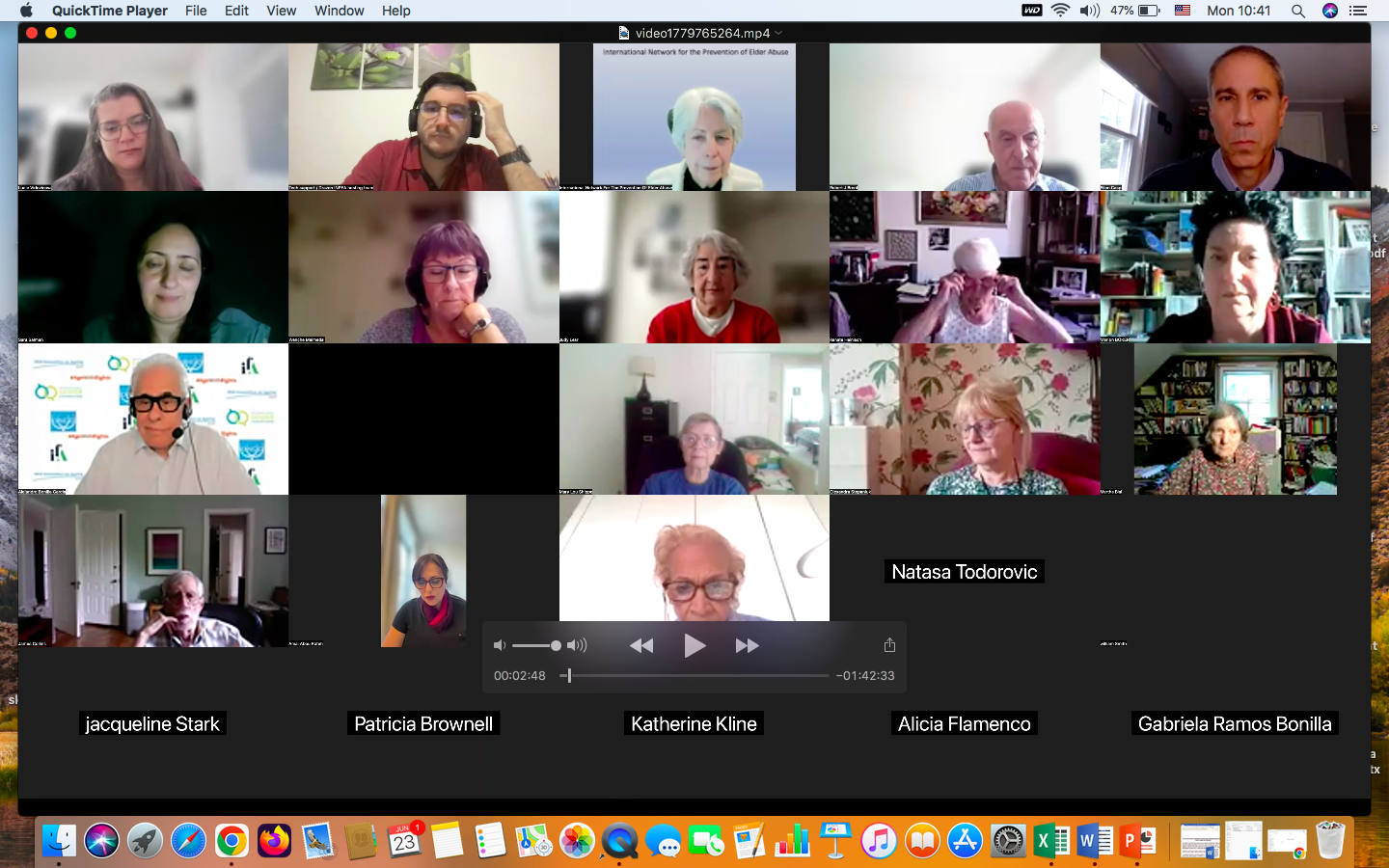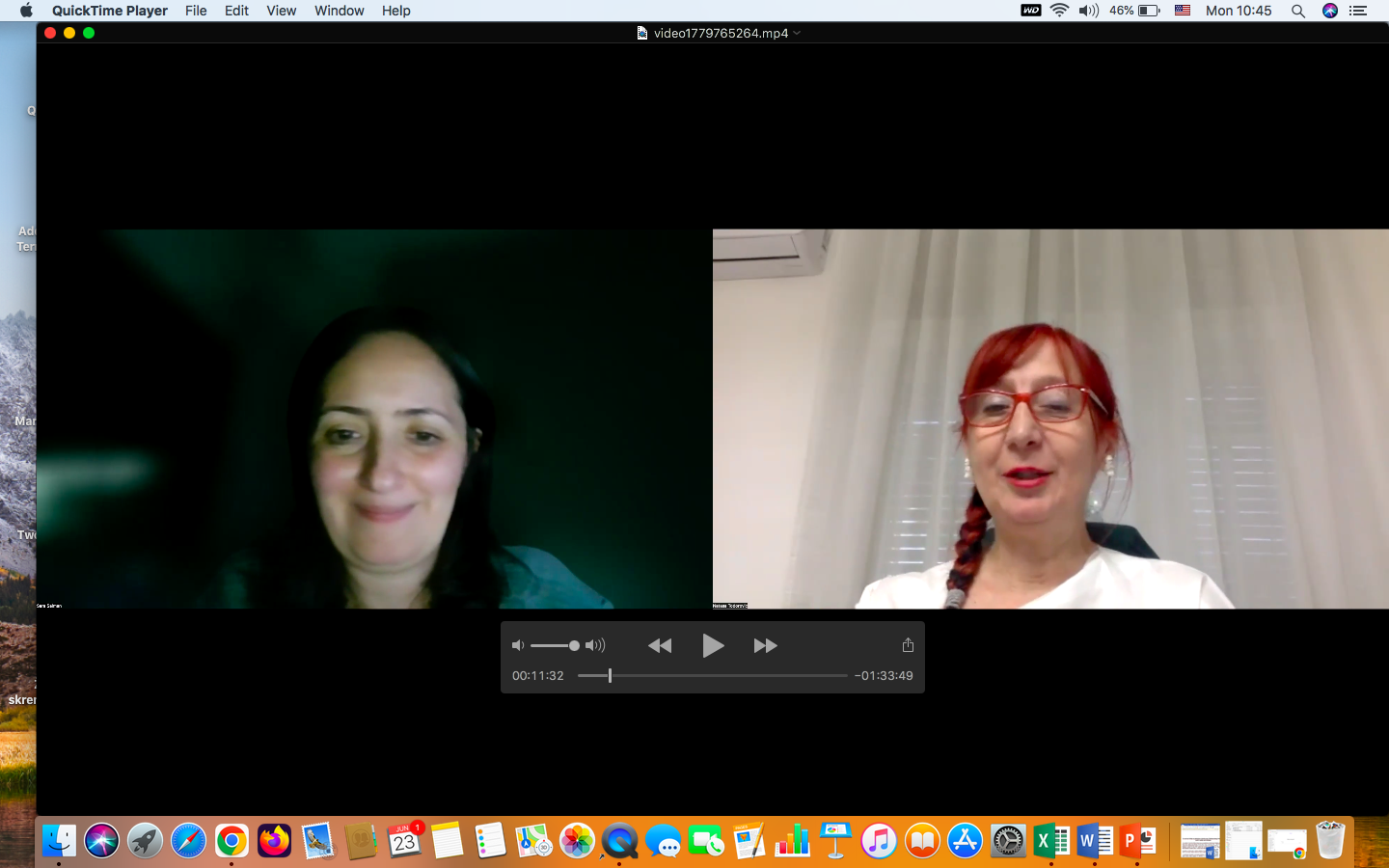- news
- red cross of serbia participates in the global commemoration of world elder abuse awareness day
Red Cross of Serbia Participates in the Global Commemoration of World Elder Abuse Awareness Day

Once again this year, the Red Cross of Serbia participated in the global observance of World Elder Abuse Awareness Day (WEAAD), organized by the International Network for the Prevention of Elder Abuse (INPEA) and the United Nations Department of Economic and Social Affairs (UN DESA). The event, held virtually on 16 June 2025, focused on the theme “ADDRESSING ABUSE OF OLDER ADULTS IN LONG-TERM CARE FACILITIES:THROUGH DATA AND ACTION ”, highlighting the urgent need for reliable data and a human rights–based approach.
Natasa Todorovic, professional associate of the Red Cross of Serbia and INPEA Regional Representative for Europe, took part in the panel discussion. She emphasized:
“Importantly, the lack of reliable and disaggregated data means a lack of prevention—without clear evidence, targeted action to stop abuse remains difficult or delayed. In light of rapid demographic aging, fragmented approaches are no longer sufficient. A coordinated global response is urgently needed—one that includes reliable data, effective monitoring, and legally binding instruments to affirm and protect the dignity and rights of older persons in institutional care.”
The panel featured prominent speakers including:
- Amal Abou Rafeh, Chief of the Programme on Ageing Unit, UN DESA (Opening Remarks)
- Sara Salman, Population Affairs Officer, UN ESCWA, and Co-Chair of the UN Interagency Group on Ageing (Moderator)
- Natasa Todorovic, Red Cross of Serbia, INPEA
- Lucia Vidovićová, Masaryk University, Czech Republic (INPEA Representative)
- Wenche Malmedal, NTNU Medical Faculty, Norway (INPEA Representative)
- Eilon Caspi, Gerontologist and Researcher on Elder Abuse, USA
- Robert Brent, Fordham University, New York, Ombudsman for Long-Term Care Facilities and INPEA UN Representative
- Susan Somers, President of INPEA (Closing Remarks)
The panelists addressed how abuse and neglect in long-term and institutional care settings remain under-researched and insufficiently documented, especially due to inconsistent methodologies, definitions, and reporting standards. These discrepancies hinder evidence-based policymaking and global comparisons.
The event served as a powerful reminder of the need for a coordinated global, multisectoral response and the urgency of establishing protective mechanisms that guarantee all older persons can age with dignity, safety, and respect for their human rights.


